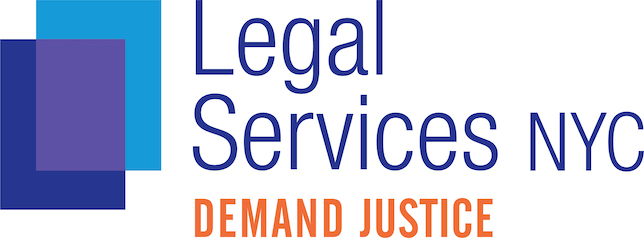Housing repair/anti-tenant harassment study groups (4 to 8 clients). Thousands of low-income New Yorkers live in apartments that are in a shocking state of disrepair: without functioning appliances, exposed to wind and water, insufficiently heated, or infested with mold and vermin. Often, disrepair is part of a pattern of harassment by landlords seeking to illegally push tenants out of rent regulated apartments. Landlords who refuse to fix these conditions, or who harass tenants, are in violation of the New York City Housing Maintenance Code. Yet virtually no tenants who attempt to enforce that code can afford an attorney. These cases provide experience arguing in cord, negotiating with opposing counsel, drafting papers, and working with clients. Matters usually take between 25 and 50 hours.
The "study group" provides many of the benefits of a clinic, without the scheduling challenges. Volunteers receive their client file 1 week prior to the study group. LSNYC will then come to the firm for 2 hours - consisting of 1.5 hours of training on housing repair cases, and 0.5 hours of consultations about cases. Pro bono attorneys commit to schedule client meetings within 1 week of the training. LSNYC will return in 4 to 8 weeks for a check in. Partnering law firms commit to providing full representation to the clients.
Scope of work for pro bono volunteers includes:
a. Interview clients, usually at their apartments.
b. Draft, file, and serve petitions, client affidavits, and forms.
c. Arrange for apartment inspections with NYC.
d. Represent the client at initial court date and subsequent dates as necessary.
e. Negotiate with opposing counsel and counsel for the relevant NYC agency.
f. Often pursue enforcement proceedings, including contempt and civil penalties.
g. Hearings sometimes occur at the enforcement stage, or when bringing claims of landlord harassment. They are possible at other stages but are unlikely.



